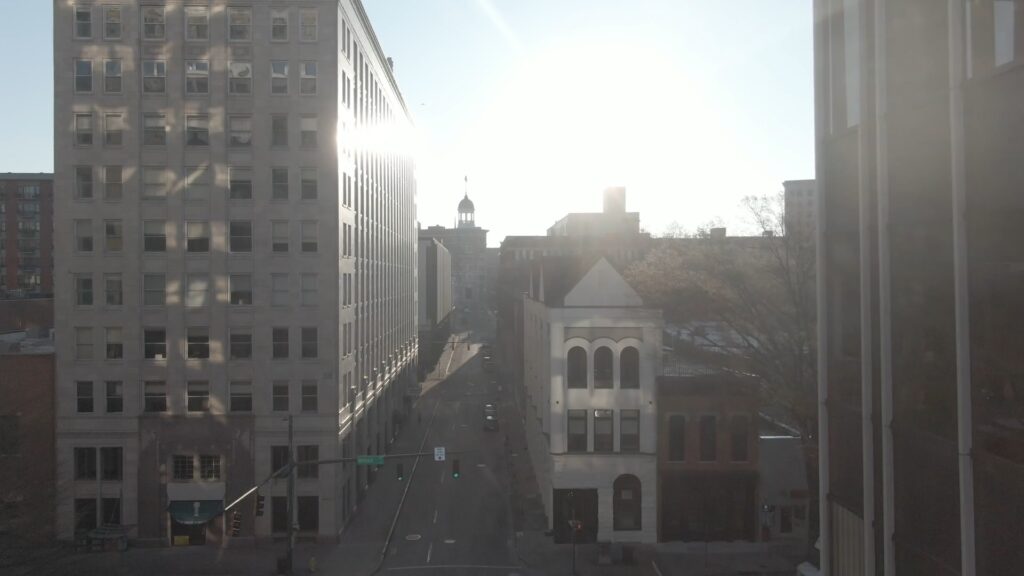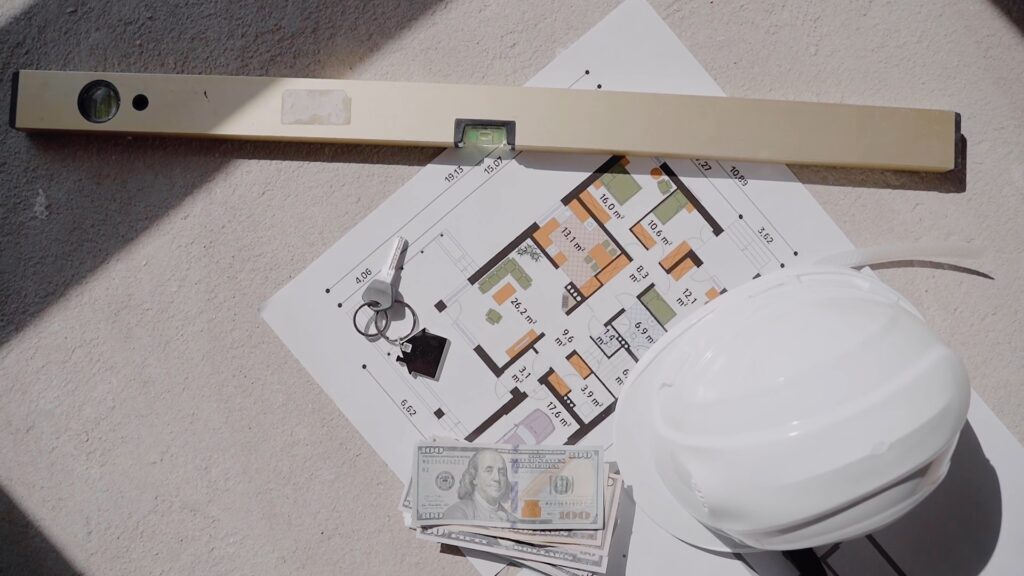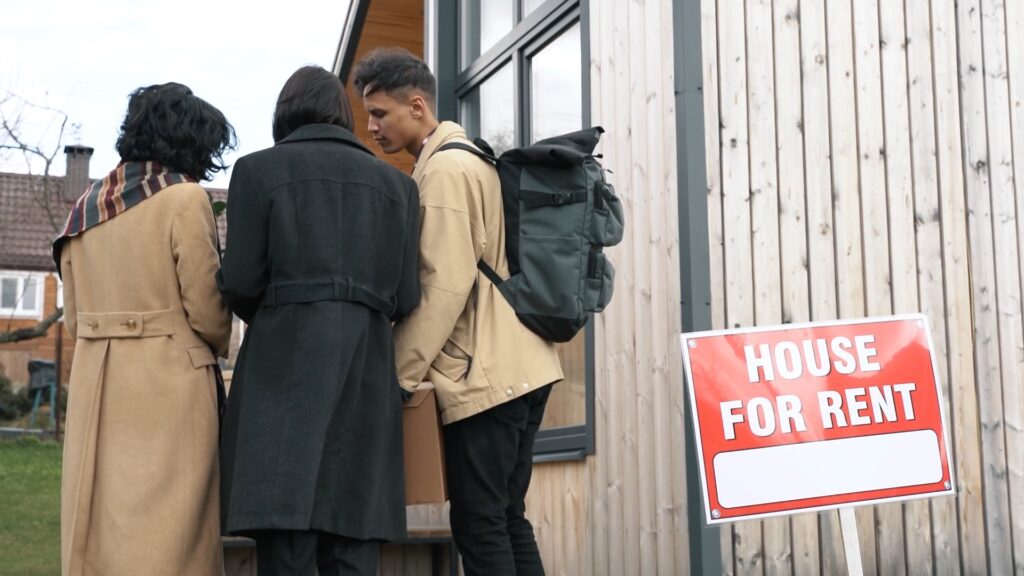Posts in Category: How to Invest in Atlanta Real Estate
What Is a Good Yield on Commercial Property in Atlanta, GA?

Commercial property yield, also known as capitalization rate or cap rate, is an important metric that investors use to evaluate the potential returns of a property. Yield is expressed as a percentage and is calculated by dividing the property’s net operating income (NOI) by its current market value.
In Atlanta, as in most major cities, commercial property yields can vary widely depending on the type of property, its location, and its condition. That being said, a good yield on commercial property in Atlanta GA is typically considered to be in the range of 6% to 10%.
Here are some factors that can impact the yield of a commercial property in Atlanta:
Location
As with residential real estate, location is a key factor in determining the yield of a commercial property. Properties located in prime areas with high demand from tenants will typically have lower vacancy rates and higher rental rates, leading to higher yields.
Tenant Quality
The quality of the tenants occupying a commercial property can also impact its yield. Properties with long-term, stable tenants who have strong financials are more likely to generate consistent rental income and maintain high occupancy rates, resulting in higher yields.
Property Condition
The condition of a commercial property can impact its rental rates and operating expenses, which can in turn affect its yield. Properties that require significant repairs or renovations may have higher operating expenses, reducing the net operating income and lowering the yield.
Property Type
The type of commercial property can also impact its yield. For example, properties with long-term leases, such as office or retail properties, may have more stable rental income and therefore higher yields. In contrast, properties with shorter leases, such as industrial or warehouse properties, may have higher vacancy rates and lower yields.
Market Conditions
Finally, market conditions can also impact the yield of a commercial property in Atlanta. If the local economy is strong and demand for commercial real estate is high, yields may be lower as properties are in higher demand. Conversely, in a weaker economy or market, yields may be higher as properties may be more difficult to lease or sell.
Ultimately, what constitutes a good yield on commercial property in Atlanta GA will depend on the individual investor’s goals, risk tolerance, and investment strategy. Some investors may be willing to accept lower yields in exchange for a property with stable long-term tenants, while others may prefer higher yields on properties with more short-term lease agreements.
When evaluating commercial properties in Atlanta, investors should carefully consider all of the factors that can impact yield, and should also conduct thorough due diligence to ensure that the property is a good fit for their investment goals. Working with a knowledgeable commercial real estate agent or broker can also help investors identify properties with strong potential for yield and navigate the complex process of commercial real estate investing.
What Kind of Money Can I Make Investing in Atlanta Residential Real Estate?

Investing in residential real estate in Atlanta, GA can be a lucrative endeavor for those who have the capital to invest and the expertise to identify promising opportunities. The potential returns on investment can vary depending on a number of factors, including the location, size, and condition of the property, as well as market conditions and trends.
One way to estimate potential returns on investment is to look at rental income. According to Zillow, the median rent in Atlanta as of September 2021 was $1,599 per month. Of course, the actual rental income will depend on a number of factors, including the size and condition of the property, the location, and the demand for rental housing in the area. However, if you were to purchase a property in a desirable area of Atlanta and rent it out at the median rental rate, you could potentially earn around $19,188 in annual rental income.
Another way to make money investing in residential real estate in Atlanta is through appreciation. Over the past decade, Atlanta’s real estate market has been on an upward trajectory, with property values increasing steadily over time. While past performance is not a guarantee of future results, it is reasonable to assume that if you were to purchase a property in Atlanta and hold onto it for several years, you could potentially see a significant increase in value.
Additionally, you may be able to make money through flipping properties. Flipping involves purchasing a property, making improvements or renovations to increase its value, and then selling it for a profit. While flipping can be a risky and challenging undertaking, it can also be a profitable one for those who are able to identify properties with potential and execute the necessary improvements in a cost-effective and efficient manner.
Of course, investing in residential real estate in Atlanta also comes with risks and potential downsides. For example, you may encounter unexpected expenses such as repairs or maintenance costs, or face challenges finding tenants or buyers in a competitive market. Additionally, market conditions can change rapidly, and there is always the risk of a downturn or economic recession that could negatively impact property values.
To mitigate these risks, it is important to approach residential real estate investing in Atlanta with a clear understanding of the market and the potential challenges and opportunities it presents. Working with an experienced real estate agent or broker can be helpful in identifying promising opportunities and navigating the complexities of the local market. Additionally, it is important to do your due diligence and carefully evaluate potential properties before making an investment, taking into account factors such as location, condition, and potential for appreciation or rental income.
Overall, investing in residential real estate in Atlanta, GA can potentially provide a solid return on investment for those who are able to identify promising opportunities and manage their risks effectively. While the potential returns can vary depending on a number of factors, there are many opportunities for those who are willing to put in the time, effort, and capital required to succeed in this competitive market.
How Do I Protect Myself While Renting Out My House?

If you are renting out your house in Atlanta, Georgia, it is important to take steps to protect yourself from potential legal and financial liabilities. Here are some key ways to protect yourself while renting out your house:
Screen Tenants Carefully: One of the best ways to protect yourself while renting out your house is to carefully screen potential tenants. This includes conducting background checks, verifying employment and income, and checking references from previous landlords.
Use a Written Lease Agreement: Always use a written lease agreement that outlines the terms and conditions of the tenancy. This should include details such as the amount of rent, the duration of the lease, and any rules or regulations that the tenant is expected to follow.
Collect a Security Deposit: Collecting a security deposit can help protect you against damage to your property or unpaid rent. Make sure to follow Georgia state laws regarding security deposits, such as holding the deposit in a separate account and providing the tenant with a written statement outlining the terms and conditions of the deposit.
Conduct Regular Inspections: Regular inspections can help you identify potential maintenance issues or damage to your property before they become major problems. Make sure to give your tenants proper notice before entering the property for an inspection.
Address Maintenance Issues Promptly: As a landlord, you are responsible for maintaining your rental property in a safe and habitable condition. Make sure to address maintenance issues promptly and ensure that your tenants have a way to contact you in case of an emergency.
Obtain Adequate Insurance: Make sure to obtain adequate insurance coverage for your rental property, including liability insurance and property insurance. This can help protect you against potential legal and financial liabilities.
Know Your Legal Rights and Responsibilities: Educate yourself on your legal rights and responsibilities as a landlord in Atlanta. This includes complying with fair housing laws, providing tenants with notice before entering the property, and following legal eviction procedures if necessary.
Consider Hiring a Property Management Company: If you do not have the time or expertise to manage your rental property, consider hiring a property management company to handle the day-to-day tasks of renting out your house. A property management company can help you screen tenants, collect rent, handle maintenance issues, and ensure that you are complying with all applicable laws and regulations.
By taking these steps to protect yourself while renting out your house in Atlanta, Georgia, you can reduce your risk of legal and financial liabilities and enjoy a successful and profitable rental experience.
